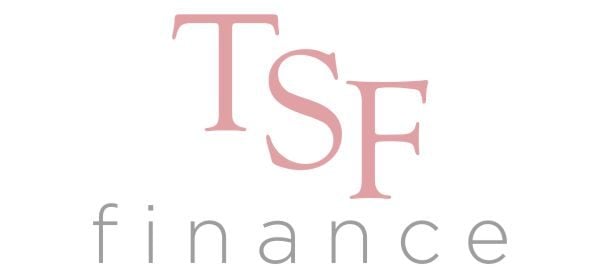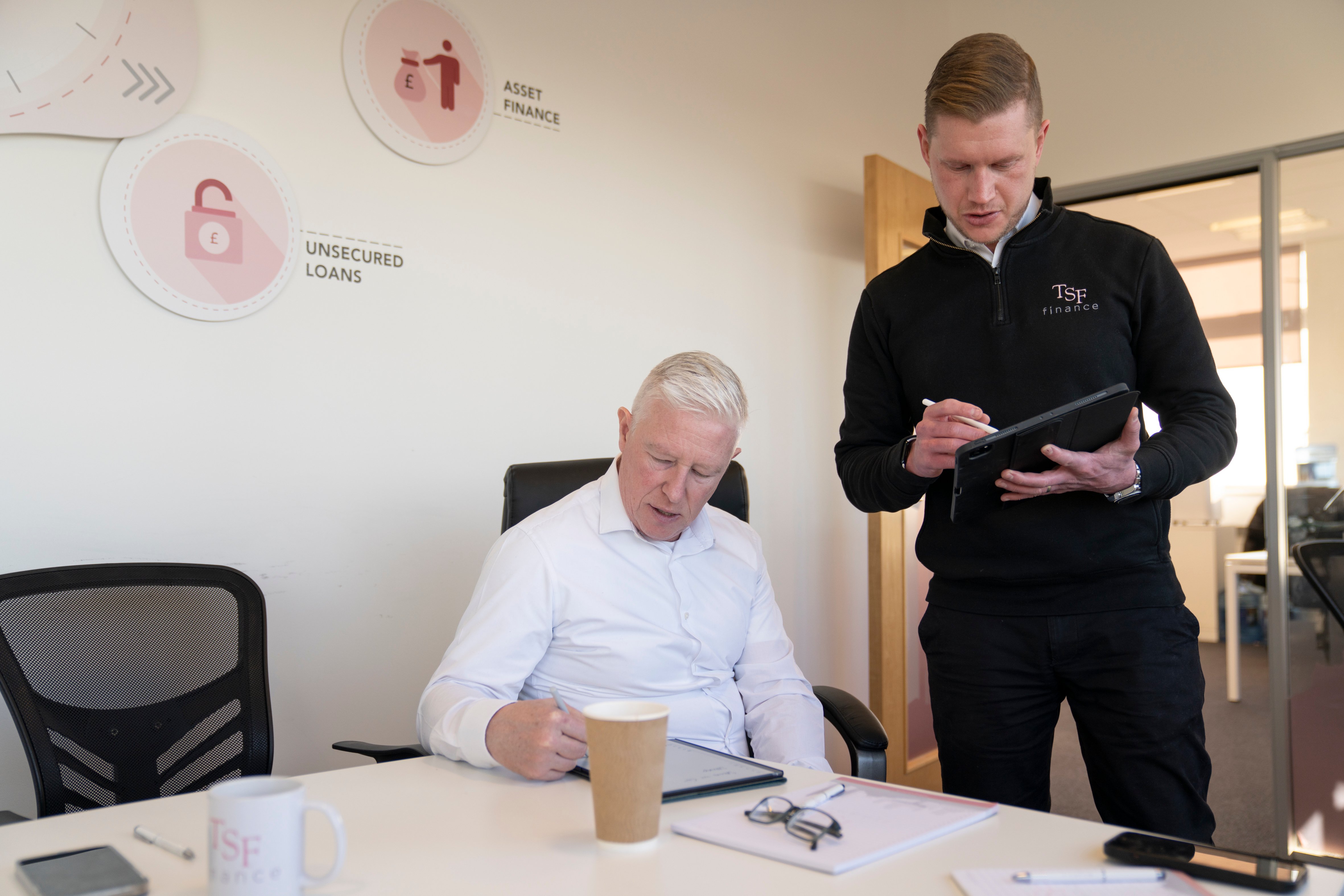When you fail to submit or pay a VAT return as a business, then you could land yourself in considerable hot water. This is because businesses that fail to pay their VAT returns correctly are facing a fixed surcharge of up to 15%, based on how many times they default over the course of a year.
This makes it a stressful time to be a managing director trying to handle your corporate finances properly. You could cost your company a great deal of money at a time when many businesses are struggling to establish healthy cash flow.
 To help ease the burden, you could request a VAT loan to cover the costs and avoid any trouble with HMRC.
To help ease the burden, you could request a VAT loan to cover the costs and avoid any trouble with HMRC.
However, you may understandably be wary of becoming beholden to loans if you can help it, as they can quickly mount up. You may also find it tricky to find the right loan package for your specific requirements – which, in a sea of loan companies, can be difficult to choose.
This is what you need to know about VAT loans and whether they are the right fit for your business needs:
What is a VAT loan?
Before you make a firm decision on whether you should apply for a VAT loan, you need to understand what a VAT loan is.
A VAT loan is, quite simply, a loan that allows you to front the costs of a VAT payment in the short term. Given that VAT payments can be notoriously complicated and be required somewhat unexpectedly, you may not have the necessary cash flow to cover the costs immediately.
This is where VAT loans can help, bridging the gap until you free up the money to pay the fee.
Why would you need a VAT loan?
There are many benefits of VAT loans to be aware of.
First and foremost, VAT loans can save you from having to incur penalty fees and other related surcharges, which can put a considerable dent in your bottom line – or even prevent you from paying other important bills.
If your loan package can be paid back at a rate or time that suits you, it will be relatively straightforward to find the money once you are in a healthier financial state (such as after you have been paid by clients).
Another reason why it’s good to get a vat loan is that it frees up whatever available cash you possess to be reinvested into your business, rather than being used immediately for VAT payments.
For example, if you need to buy additional tooling or equipment for your staff but are suddenly faced with a steep VAT bill, you can use your own cash to pay for the commercial capital and the loan to fund the VAT submission.
On a related note, you may incur unexpected costs – such as the purchase of new stock or the repairing of broken equipment. Sourcing a loan prevents you from having to damage your business or stop it from functioning correctly.
You can then easily manage your repayments because they are set at a fixed monthly rate. This prevents any nasty financial shocks that could leave you worse off than when you started.
How does a VAT loan work?
Once you have found a provider, the VAT loan can be paid directly to HMRC, which means there is no chance of late payment or delays in you receiving the loan (because you won’t need to ever handle it yourself). This also means that you can concentrate on your business rather than trying to settle the issue yourself.
How can TSF help you obtain a VAT loan?
When you have decided to obtain a VAT loan, you might be wondering how to get a VAT loan. Given the enormous range of providers and package options, it is imperative that you receive VAT loan advice from a team of professionals.
They will help ascertain your particular requirements and help you source the right VAT loan funding.
TSF will work out your VAT liability and match you with a lender who can help you finance for a 3-month period. This can continue if you need the finance, so you’re not under any undue pressure. If this seems like the solution you need, reach out to us today.











